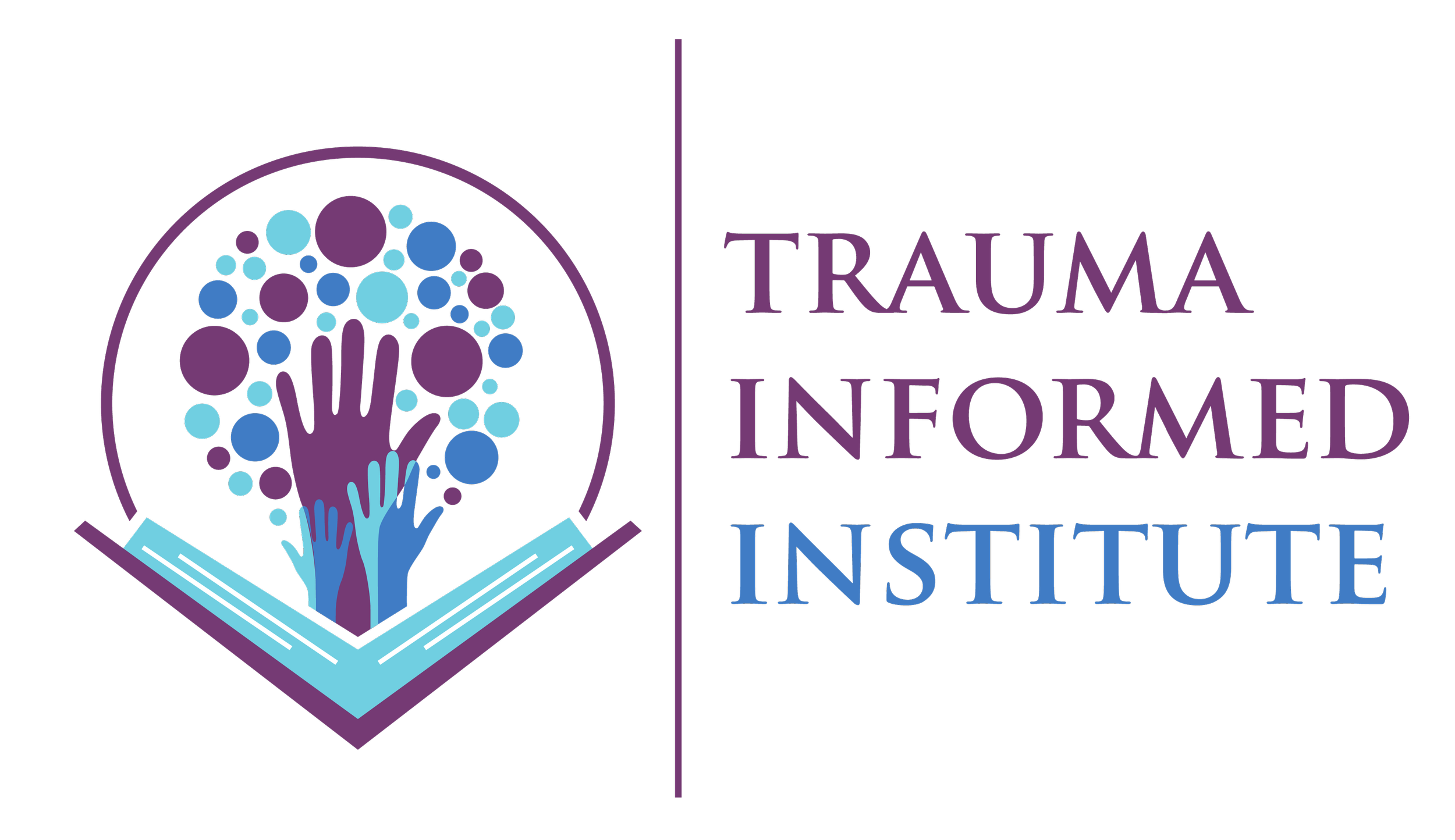Trauma is described by the American Psychological Association (APA) as the emotional response someone has to an event.
Individuals' reactions to trauma may be different from one another. The impact of trauma is not always immediate. Its impact can show up weeks, months, and sometimes years later in life. Signs and signals of trauma also aren't easily noticeable and in some cases show not noticeable at all. This leads to many individuals navigating life with untreated or unresolved trauma; hindering their abilities to learn, grow, and live a quality life.
“There are wounds that never show on the body that are deeper and more hurtful than anything that bleeds.”
― Laurell K. Hamilton
Here are a few signs and behaviors to notice:
Emotional Signs: One's symptoms range from mild to severe. This may be visible through a sudden change in characteristics, emotional outbursts, anger, denial, self-withdrawal, irritability, and more. Coping with these kinds of emotions may be difficult to address without proper support and resources.
Physical Signs: Trauma can also be manifested physically. The most common physical signs of trauma include fatigue, lethargy, dizziness, paleness, poor concentration, weight gain, weight loss, weaker immune system, asthma, and other illnesses and diseases.
Behavioral Signs: Disinterest in communication, relationship building, bridge building, low excitement and/or motivation to participate in small or large events, defensive behavior or language, a shift in a person's normal routine/behavior.
As we bring this series to a close here are things we want to leave you with:
Prioritizing Wellness is essential to dealing with AND preventing trauma.
Positive experiences can neutralize the impact of negative experiences.
Healing from trauma must be paired with movement in the body.
Wellness is not limited to healthy eating and exercise but a subset of healthy daily actions customized to the individual experience.
Wellness belongs in the workplace. It is and should be threaded throughout every decision, activity/meeting, and/or event.
Workplace wellness trauma can be mitigated through prioritizing workplace wellness, which can also prevent child abuse.
In order to do well, you must be well!
Start your wellness journey today and learn more about becoming trauma-informed.
Register to become a Trauma-Informed Advocate through Trauma-Informed Institute. We certify leaders, managers, and team members who are passionate about learning AND implementing trauma-informed approaches in the workplace to promote wellness.
Our certifications prepare you to understand the needs of working individuals who have witnessed natural disasters, accidents, abuse, physical injury, bullying, etc., and who are grappling with how to cope or integrate memories or feelings related to that experience.

